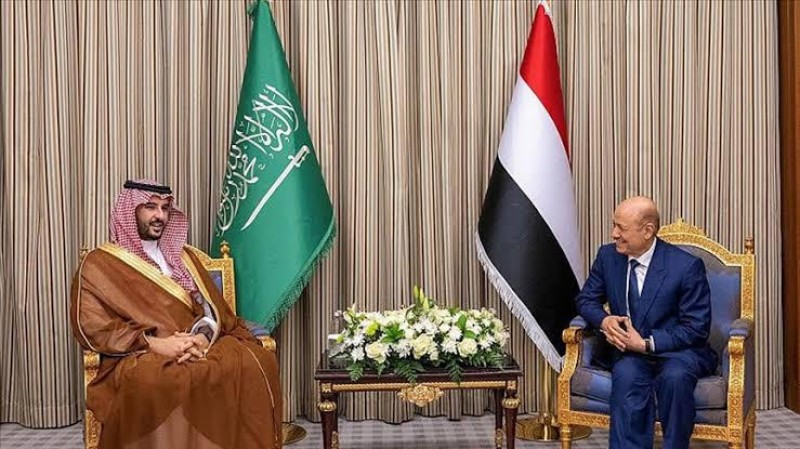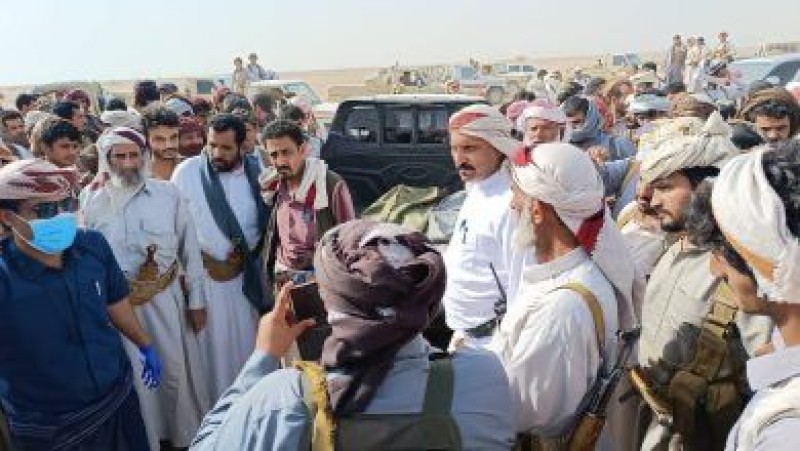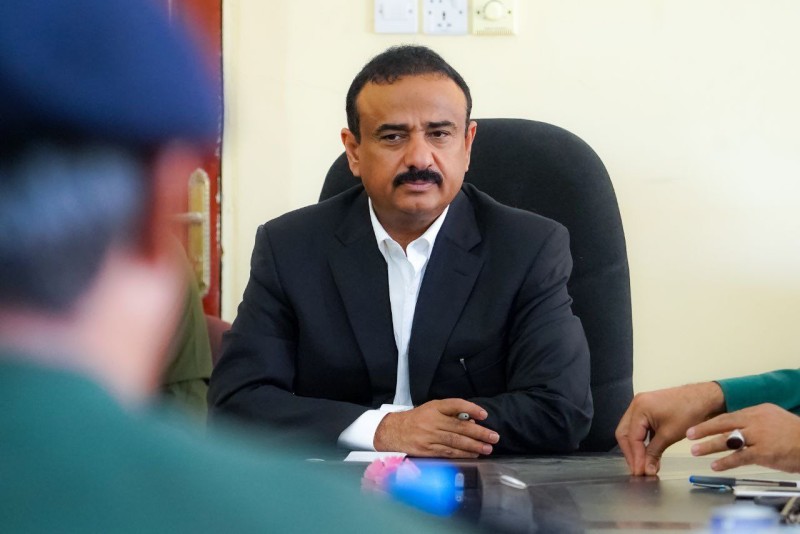UN cuts extra pay for health workers in Yemen just as COVID-19 hits


In a move that has prompted dismay from Yemeni authorities on both sides of a five-year war, the World Health Organisation is reducing top-up payments to thousands of healthcare workers across Yemen, even as COVID-19 is starting to spread through the country.
Despite the UN predicting a “terrifying” impact from the coronavirus in Yemen, the WHO says it doesn’t have the money to carry on with the payments. “Very simply put, I just don’t have the funding to sustain lifeline programmes [like this],” said Altaf Musani, the UN agency’s representative in Yemen, describing funding cuts to the humanitarian response in the country at this time as “dangerous”.
The WHO has been paying “incentives” to doctors, nurses, and other health professionals across Yemen for the past few years, intended as a stop-gap measure to help the country’s decimated health system continue to function as both the internationally recognised government of President Abd Rabbu Mansour Hadi and the Houthi rebels – officially known as Ansar Allah – failed to regularly pay civil servants.
The Houthis and Hadi’s government, backed by a fractured Saudi Arabia-led coalition, have been fighting for control of the country since 2015 in a conflict that has killed an estimated 112,000 people in direct violence, with many more dead of disease and hunger.
The incentive payments are not the only health programmes on the chopping block. Unless it secures more funding, the WHO says it faces a $150 million shortfall in Yemen and will have to cut support for supplies for health centres, trauma care, and the treatment of chronic conditions like cancer – even as COVID-19 cases are being recorded in both the Houthi-run north and the Hadi-allied south.
As for the COVID-19 response in Yemen, that will take more funding. Even if sufficient mitigation measures are put in place, WHO models predict the virus could kill at least 42,000 people (very possibly more) and see the vast majority of the population infected.
Musani confirmed the incentive payments would be phased out, although he said some healthcare staff working on emergency COVID-19 response and cholera would be paid up to June, and workers at therapeutic feeding centres for malnutrition up to August.
“My deep worry is that in light of COVID-19 we have created the perfect storm where healthcare workers are doing their jobs, now they don’t have incentive support, and we don’t know about the sustainability of their salaries [from authorities],” he told The New Humanitarian. “They continue to serve, but we are putting additional pressures and risks on them.”
NGOs that work in the health sector were wary of speaking on the record, but one official, who asked to remain anonymous, said that since salaries and incentives had already been spotty, and devalued by massive inflation, they were concerned health workers would feel unable to continue doing their jobs.
“People continue to work and serve their communities,” the NGO official said. “But this is a serious concern… we don’t want to get to a point where there is a zero staff level at health facilities.”

Riyadh – A senior official in Yemen’s Presidential Leadership Council said that Council President Rashad Al-Alimi is expected to meet e…

Marib – The internationally recognized government of Yemen has recovered the bodies of 20 of its fighters in a tribal-mediated exchange with…

Shabwa – The Governor of Shabwa, Awad Mohammed bin Al-Wazir, has directed the Director General of Police in the governorate to urgently take…